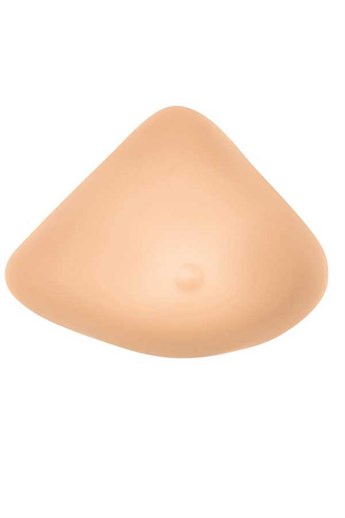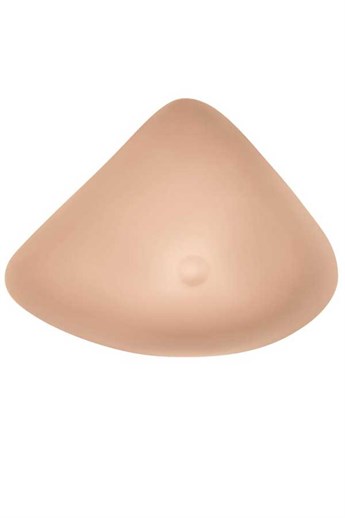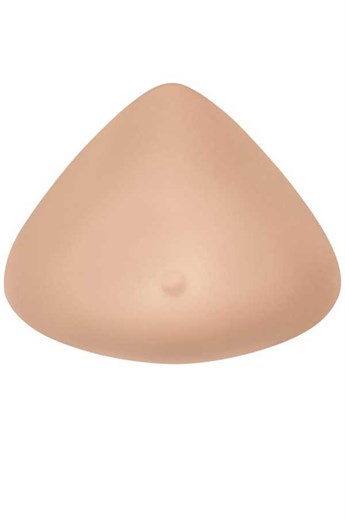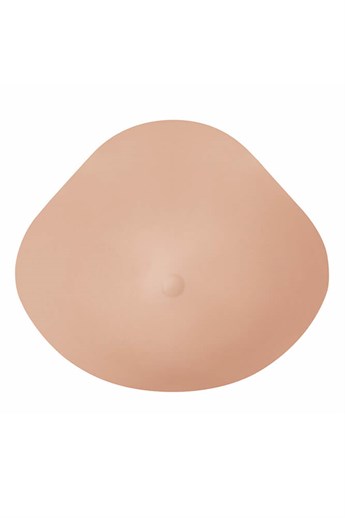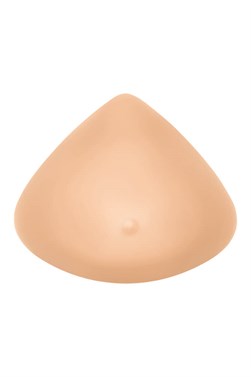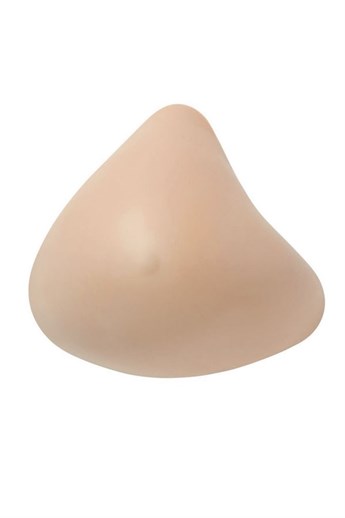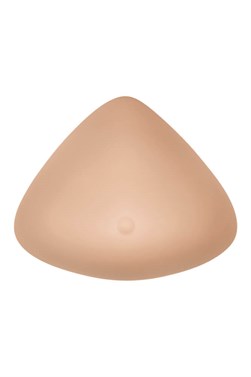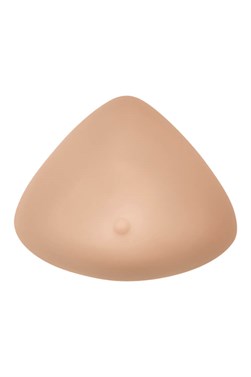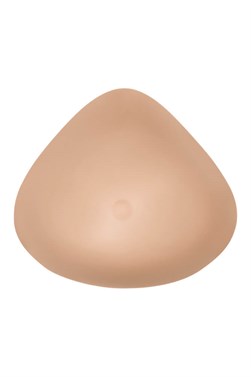Lumpectomy, Bras and Inserts: What You Should Know
Lumpectomy does have its after-effects. Maybe you’ve heard of breast shapers?

You’ve probably seen them in the lingerie sections of department stores, on a display of lingerie accessories. Sometimes they’re called bra inserts, push-ups, gel pads, breast enhancers, shapers, or partials. But what are they for, exactly?
While anyone can use them inside a bra for cleavage-boosting purposes, these breast accessories are truly necessary—and in some cases, reimbursable by insurance—after breast cancer.
Understanding lumpectomy
Lumpectomy still accounts for more than half of all the breast cancer surgeries performed each year, although the number of women who choose mastectomy is on the rise. If you’ve had breast cancer and it was detected early, chances are you
Not every woman diagnosed with breast cancer qualifies for
- Do you have more than one primary
tumor ? - How large is the
tumor in relation to the breast? - Where is the
tumor located? (Some locations will produce better cosmetic outcomes than others.) - Are you pregnant? (If so, you can’t have radiation therapy.)
- Have you had prior radiation therapy to the breast or chest area?
If none of the above
- Lumpectomy is typically a shorter procedure with a shorter recovery time.
- Recurrence rate may be reduced in some cases.
- For some women, having a lumpectomy can result in minimal loss of sensation to the breast
- A lumpectomy allows you to maintain the majority of your natural breast.
Balancing imperfections

It is possible to experience asymmetry after a lumpectomy, which may only become apparent once the swelling of surgery has subsided. This might be due to the amount of tissue that needed to be removed or simply the subsequent effect that radiation therapy has had to the skin or surrounding breast tissue.
If it’s bothersome enough that your clothes fit uncomfortably, a partial breast shaper might be just what you need. Balance to the rescue!
Balance breast shapers are designed specifically to fill, cover and conceal almost any breast asymmetry created by surgery or radiation. They can also balance naturally uneven breasts. Our bra inserts come in a variety of shapes, sizes and thicknesses, to fit you personally and accommodate your unique needs. They can be attached to the skin with adhesive, like our Balance Contact breast shapers, or worn in the cup of your bra.
If your chest wall is particularly uneven, or if you're in-between shaper sizes, ask your fitter about Balance Adapt Air. It's the most innovative shaper available, because its volume can be adjusted, by you, anytime.
Learn more about Amoena Balance partial shapers here.
Insurance Coverage for Breast Shapers
In the United States, Medicare and most private insurance should cover partial breast forms with a doctor’s prescription, at a rate of one every two years. If you’ve had a lumpectomy, you may also be eligible for insurance-covered pocketed bras to hold your breast shapers (or you may choose to wear the shaper in a non-pocketed bra).
Ask your fitter for assistance in finding just the right solution for your needs. A partial shaper can give you the smooth silhouette you want to see in the mirror, and body confidence every day.
Resources: American Cancer Society. “Breast Cancer Facts & Figures 2015-2016.” Atlanta: American Cancer Society, Inc. 2015. http://www.cancer.org/research/cancerfactsstatistics/breast-cancer-facts-figures. Jan. 23, 2017.





